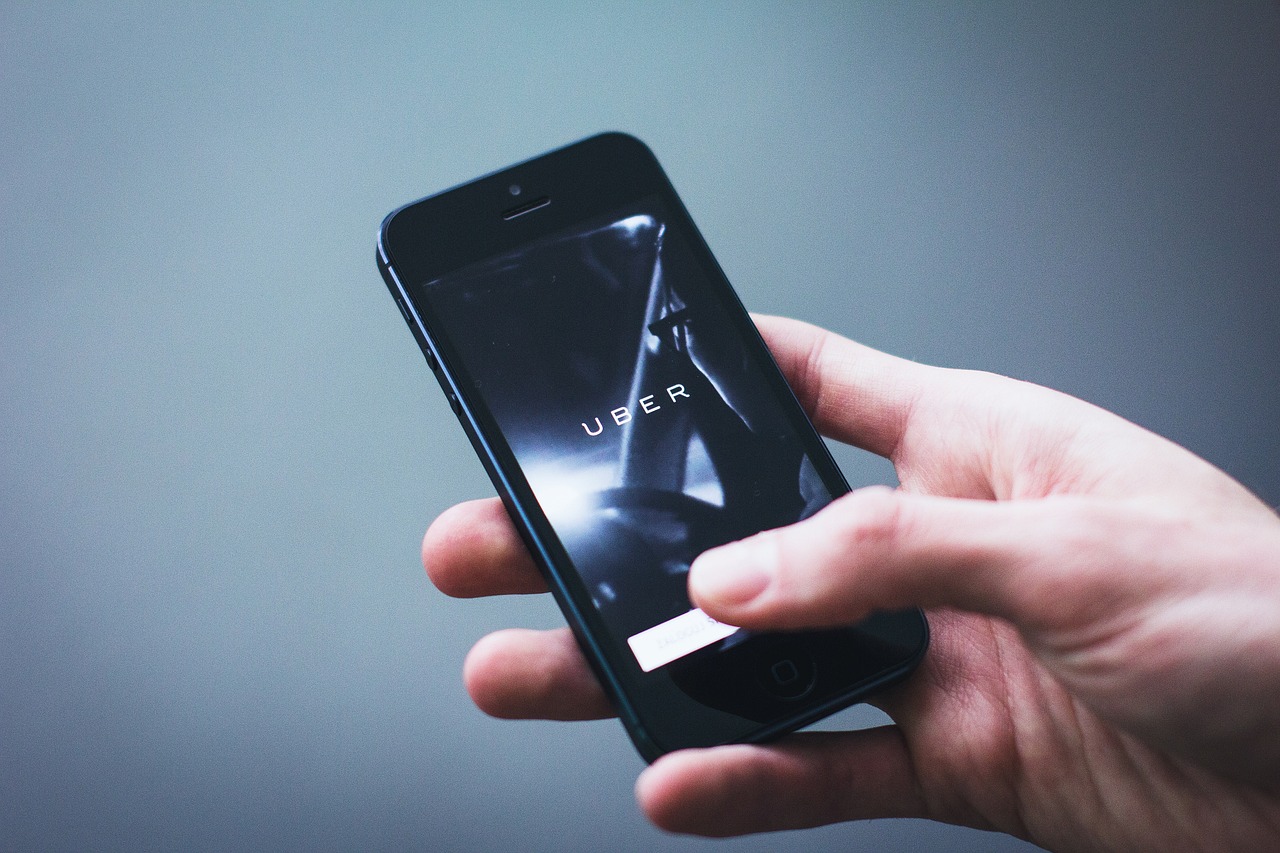The gig economy continues to expand, offering workers flexibility but often leaving them without traditional employment benefits. This includes a lack of clear access to workers’ compensation when injuries happen on the job.
Legislation surrounding occupational accident insurance has evolved rapidly in recent years, creating confusion for many who rely on platform-based work. Different states have implemented varying policies, and the absence of consistent protections puts millions at risk.
If you work in the gig economy, here is what you need to know about workers’ compensation.
Understanding Workers’ Compensation and Its Relevance to Gig Workers
Workers’ compensation covers medical expenses and lost wages for employees injured while performing their jobs. Traditionally, employers are required to carry this insurance for full-time workers, but the gig economy creates a gray area.
Many platform companies like Uber and Lyft categorize their drivers as independent contractors. This classification excludes them from most workers’ comp benefits.
Gig workers still face injury risks on the job, whether it’s a car accident or delivery mishap. Without standard protections, accessing help becomes difficult after an injury, which highlights why understanding these gaps is so crucial.
Recent Legal Changes Impacting Gig Workers’ Compensation
Over the past few years, several states have made moves to address workers’ compensation for gig workers. California led the charge with AB5 in 2019, pushing companies to classify many gig workers as employees and granting them rights to benefits like workers’ comp.
However, Proposition 22 changed that landscape by exempting app-based drivers from AB5. Under Prop 22, California drivers receive accident insurance instead of traditional workers’ compensation, though it comes with limitations on coverage.
Other states like Washington require rideshare apps to contribute to a state-run workers’ compensation insurance fund, which provides some coverage for drivers injured on the job. New York is also considering legislation that could bring similar reforms aimed at improving gig employee protections.
Common Injuries and Risks for Gig Workers
Gig workers, especially those in delivery or rideshare services, face several on-the-job risks. For drivers, car accidents pose a significant danger. The longer hours spent behind the wheel increase their exposure to potential crashes, sometimes leading to severe injuries like whiplash or broken bones.
Delivery workers often deal with physical strain from heavy lifting. Repeated motions, including carrying packages or groceries, can cause back issues or repetitive stress injuries such as tendinitis.
Additionally, gig workers regularly encounter unpredictable environments and clients. Confrontations with aggressive passengers, slips during deliveries due to unsafe conditions, and fatigue-related mistakes are all common hazards.
Ways Gig Workers Can Protect Themselves If Injured on the Job
Since many states still leave gig workers without full access to traditional workers’ compensation, self-protection is key. It would help to look into platform-provided insurance options. Companies like Uber and Lyft offer contingent coverage, which may kick in under specific conditions, such as accidents during a trip with a passenger.
Independent health or disability insurance could also provide crucial financial support. These policies often cover medical bills and lost wages if you cannot work due to an injury, filling gaps left by limited gig protections.
Moreover, stay informed about your state’s employees’ rights and evolving legislation. For instance, find out if workers’ compensation applies to Uber drivers in your region or if there are other types of injury protections.
What to Do If You Sustain a Work-Related Injury
Gig employees injured on the job should first seek medical attention immediately, regardless of how minor the injury may seem. Quick treatment prevents complications and ensures proper documentation if you need to file a claim later.
After getting care, report the incident to your platform or gig company immediately. Many companies have accident reporting processes that can activate limited insurance coverage if available, such as Uber’s contingent policies for drivers involved in crashes.
Additionally, keep thorough records of everything, including medical bills, time missed from work, and any correspondence with your platform. This documentation could be crucial when pursuing compensation through insurance or legal channels if protections aren’t initially provided by the gig company itself.
Parting Shot
Unlike traditional employment, the gig economy comes with both freedom and uncertainty. Injuries on the job add another layer of risk for workers without clear access to compensation benefits.
As laws shift and evolve, staying informed can be your best defense. So, take time to explore all options available, whether through platforms, independent insurance, or advocacy groups, to ensure you’re covered when unexpected injuries occur while working in this rapidly growing sector.

